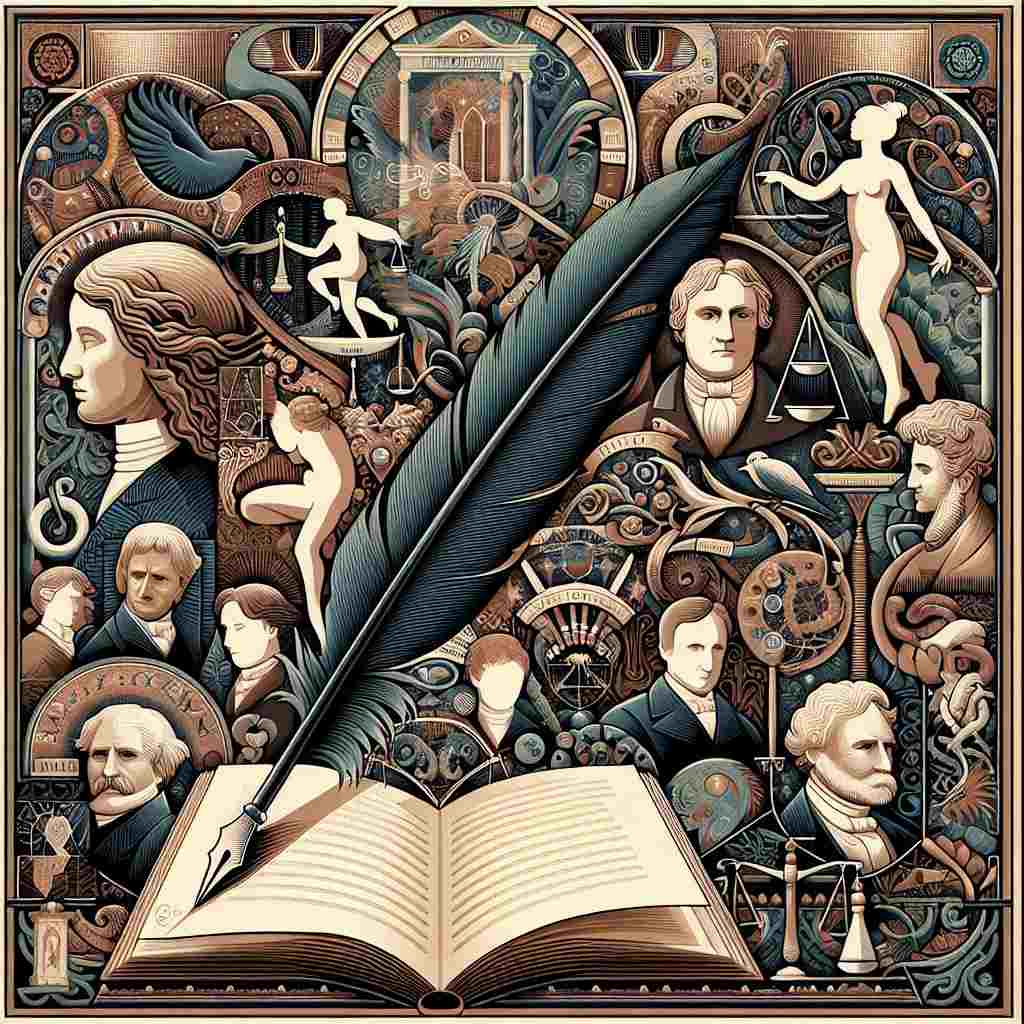In the vast expanse of red and endless silence, a world away from the blue cradle of Earth, lies our settlement called Barsoom. Life here on Mars had become an experiment in existential perseverance, an odyssey led by just five souls—an elite crew bound by shared hardships and audacious dreams. My name is Eugene, and together with Lena, Amir, Zoe, and Jackson, we form the quintet tasked with staking humanity’s first heartfelt claim to the Red Planet.
The Sun hung low in the ochre sky, its faint warmth hardly penetrating the thin atmosphere, when our biggest challenge first arose—a sandstorm of unprecedented ferocity that materialized on the horizon like a tidal wave of Martian dust. The storm roared toward us with an unrelenting fury, testing the limits of human ingenuity and spirit.
“Lena, divert power from non-essential systems!” Our leader, Amir’s voice commanded through the intercom, carrying a tone of instinctual urgency. Amir, with his background in engineering, always knew exactly what our fragile outpost could and couldn’t endure.
While Lena rerouted power, her fingers a blur over the control panel, Zoe, the botanist, wrapped her arms protectively around the precious seedlings in our hydroponic farm, whispering soothing assurances to the vulnerable sprouts as if they could hear her. Zoe’s skills were our only hope of bringing life to this barren land.
Jackson, the communicator and our resident cynic, scanned various frequencies, searching for any updates from mission control back on Earth—a thread of connection to the home we left behind. “Eugene, help me stabilize the satellite dish. We need to stay in contact,” he urged, his voice steady despite the tremor of doubt behind it.
Braving the stinging winds, I stepped out of the airlock with Jackson. We moved quickly across the Martian regolith, our suits insulated against the bleak cold. The grit lashed our visors, each step a small battle against gravity and elements. Holding our breaths, we synchronized our efforts to anchor the dish—our only beacon back to Earth.
As the tempest closed in, threatening to bury us beneath waves of dust, Amir’s voice broke the tension once again. “Our shields are holding. Hang tight in there!”
Lena’s delicate maneuvers with the energy grid paid off as lights flickered back to life across the settlement. Her resilience often reminded us of the unyielding spirit of Earth itself—a keeper of hope within the desolation.
Meanwhile, as dark thoughts crept in, Zoe tended to the plants with a love that made them flourish even here, so far from home. “If they can make it, so can we,” she would say, determination coloring her voice like a stubborn vine.
Dawn found us weary but triumphant, standing before the likes of a new day as the storm relented, leaving us unharmed. As I looked out over the red horizon, a glow at the edge of the terrain, I spotted a new pillar standing amidst the chaos in the soil, nature’s record of our collective ordeal.
“Our journey won’t end here,” Amir stated firmly, each word a vow. We stood shoulder to shoulder, five pioneers staring into the unknown.
Barsoom was more than shelter now; it was a testament to the bond we had nurtured, as unwieldy as the Martian weather, yet as enduring as the stars that watched over us.
And so, against the solitude of Mars, our lives began anew as we carved a small nook of humanity into its crimson crust. There were challenges yet to come, but with each breath drawn in this alien air, we knew we could face them together.
With the storm behind us, the true adventure awaited just beyond the horizon.



